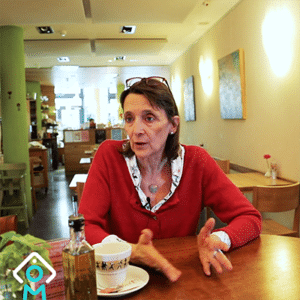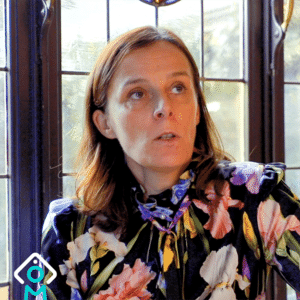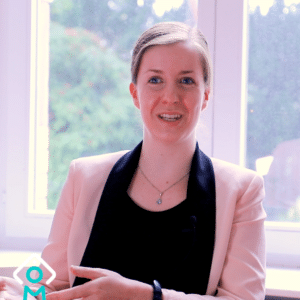Social entrepreneurship and profitability
In this Meet an entrepreneur video, four entrepreneurs share with us how they find the right balance between social entrepreneurship and profitability:
- Social impact vs Commercial operations
- Business model
- More profit vs More impact
With
You liked this content?Share it now!
Bookworm? Read the transcript!
Transcription de l'intervention de
With Venemany Vilay
Founder of A-PRENDRE since 2020
With Jean-Marc Boueyrie
Founder of J-WAY since 2001
With Emma Zimer
Founder of NOUMA since 2016
NOUMA is a company that aims to support participatory housing with a focus on seniors, or even intergenerational.
And Jean-Philippe Wagnon
Founder-cooperator of ALLAGI since 2019
Social impact vs Commercial operations
A client deserves respect, and a project must be a success for us, of course, and a success for the client too, and that the what and why, the project’s purpose must be treated at least on equal grounds with the project’s profitability.
It is an agility that is permanent and everyday.
I don’t really feel there’s a reconciliation to be made. The business is what it is and it keeps going, because, to me, it was a social impact company, so I just keep doing what I was doing. The only thing that’s added is that I’ll have to draft a report at some point on what I’ve done and the indicators. But there’s really no reconciliation other than that.
On the other hand, J-WAY has been profitable for about ten years now, and just because we’ve become a SIS does not mean we have to become less profitable.
That’s what I told my employees… Our profitability is not huge. Probably 3 or 4% of the turnover, you see… So compared to the sector, we are more than reasonable. But I do think it should be improved to increase our research and development capacity, and also to increase our capacity for social participation. The more profitable we are, the greater the benefits we will share.
The idea is to have, to keep 10% of the contracts we sell and provide for companies or academic institutions that buy them from us. We put aside 10% and use the 10% for beneficiary associations we set up projects with.
Business model
Of course, being a social impact company should not hide the business’ profitability.
Now, profitability doesn’t mean… it just means what it says. It means that the activity we have set up generates a profit, generates income that allows us to pay the people who worked on the project, and allows us to set up new projects and therefore to grow this activity that makes sense and has a positive impact on society.
The A-PRENDRE company is aimed at communities, i.e. municipalities, humanitarian organizations, for example, or social services… as well as cities’ social cohesion committees. Those organisations then offer my courses to their beneficiaries.
There are several sources of revenue. Schools that have long-term projects for which we provide pedagogical support, we set up workshops, we train teachers, we provide coaching and support, and this has a certain value that the school pays for by hiring our services. Companies are the main source of income at the moment, whether it’s companies asking us to coach a specific person or to coach teams.
More profit vs More impact
It’s a bit of a trick question!
I must admit that I would choose more impact because it’s a social project that I created.
A reasoned profit for more impact.
Both, my General! I’m firmly convinced that they are not opposed and do not have to be in opposition. In any case, in the context of J-WAY, which is a public company, and has to live off its own income, less profit, for me, would mean less impact.
Often with this whole SIS thing, I actually think, what I fundamentally think is that all companies should be SIS. Because in the end, the rest doesn’t make sense. I don’t think the rest makes sense.
But then we have all the training. We have a body of knowledge about diversity and positive psychology that we try to pass along.


